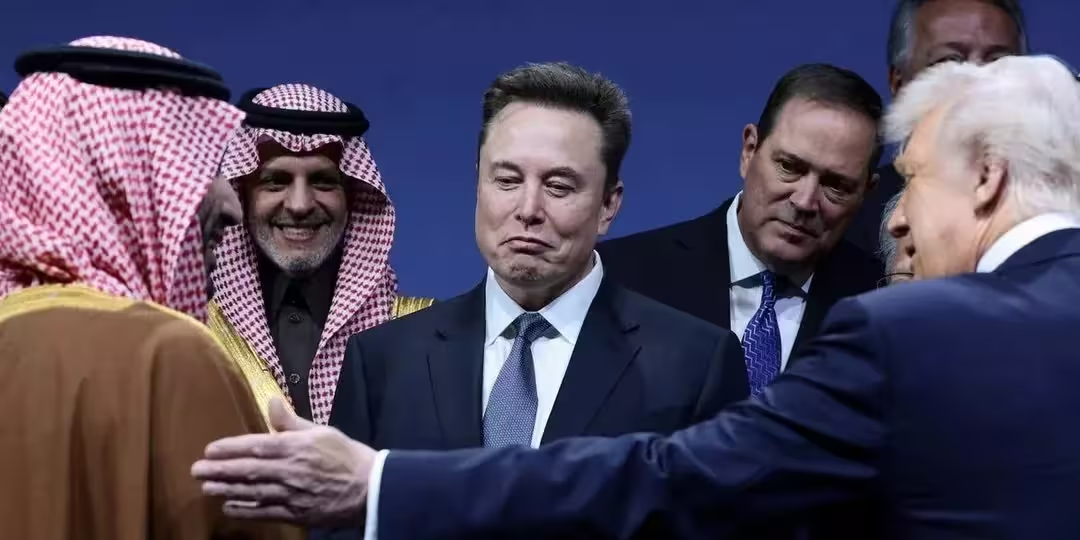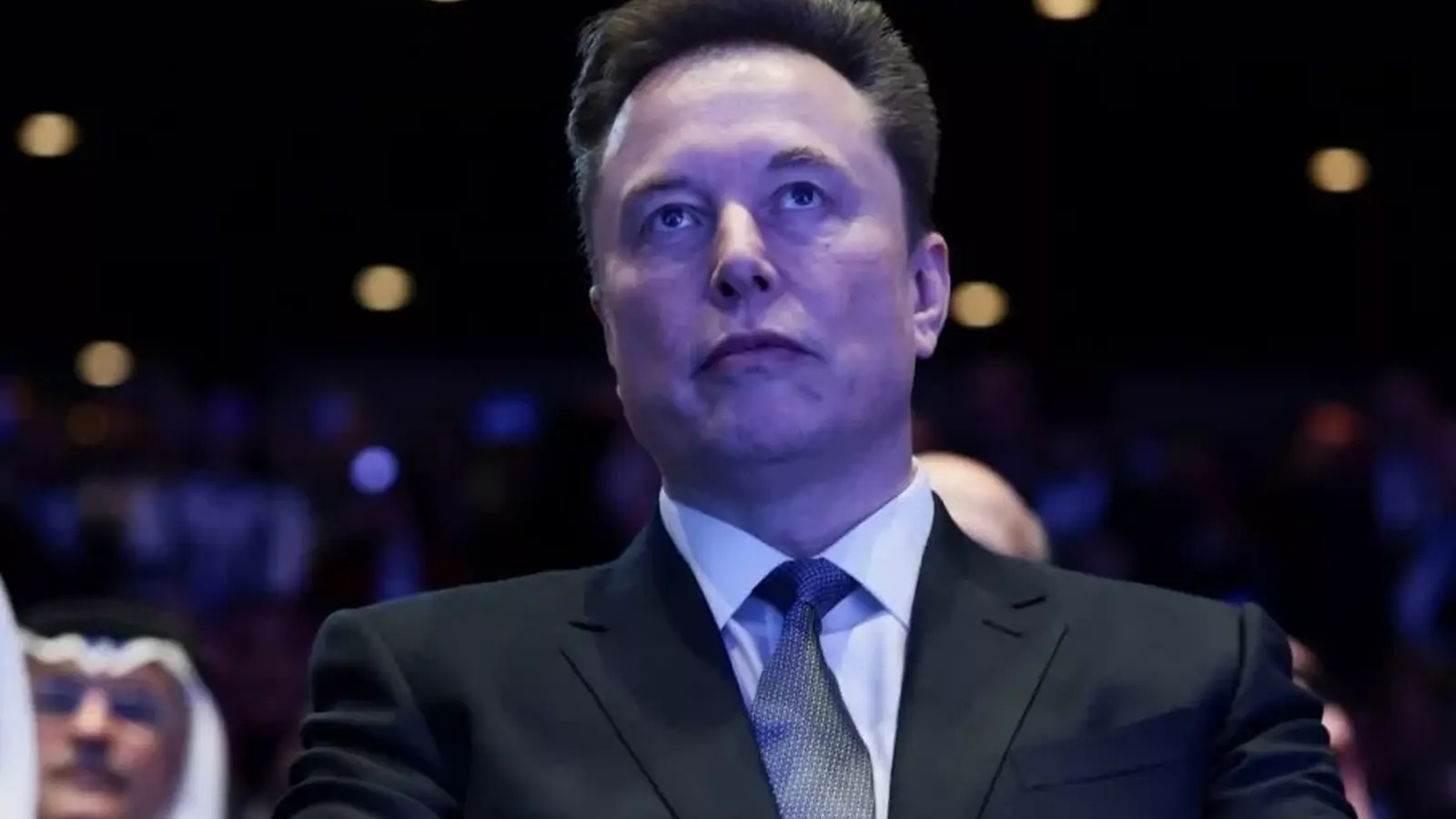4 Minutes
Elon Musk — the world’s richest person — painted a provocative picture of the near future at a US–Saudi investment forum: advanced robotics and artificial intelligence could render traditional concepts like money and jobs largely irrelevant. His vision mixes optimism, techno-fiction and a warning about social turbulence on the way.
When machines can produce everything, will money matter?
Speaking alongside NVIDIA CEO Jensen Huang, Musk argued that once AI and robots can manufacture goods and deliver services in abundance without human labor, money’s role as a medium of exchange may fade. He acknowledged the physical limits of energy and raw materials but suggested that at some point currency could lose much of its meaning. It’s a bold claim, and one he framed with a nod to speculative fiction: he referenced Iain M. Banks’ Culture novels, which imagine a post-scarcity society managed by benevolent AIs.

Work becomes optional — like gardening or gaming
Musk described a future where working is a choice rather than a necessity. Instead of punching a clock, people might garden, play video games, create art, or pursue passions purely for enjoyment. "Planting vegetables in your yard is harder than buying them, but people do it because it’s enjoyable," he said. In this scenario, employment transforms from survival to leisure — a shift with huge cultural implications.
Optimus and the path to eliminating scarcity
For Musk, humanoid robots — especially Tesla’s Optimus — are the key to achieving this post-scarcity world. He argues that only by deploying large numbers of capable robots can society realistically eliminate poverty and provide high-quality healthcare for everyone. That said, he warned the transition won’t be smooth: expect "damage and social disruption" as labor markets and institutions adapt.
Beyond UBI: what comes after universal basic income?
Musk has previously said governments may need to go beyond universal basic income. He calls for what he terms a "high universal income" that would give people access to the goods and services they need in a world where productive capacity is dominated by machines. The idea flips the typical economic script: rather than distributing money to buy scarce goods, society would rearrange value so that abundance is the baseline.
- Reality check: Resource constraints — energy, materials, infrastructure — remain real limits.
- Social risk: Rapid automation could cause unemployment, inequality spikes and political unrest before any benefits arrive.
- Cultural shift: Work-for-meaning rather than survival could reshape education, identity and purpose.
At the end of the session Musk joked with Jensen Huang — whose company released earnings that day — that corporate financial reports will be less relevant if money itself loses value. Whether you take that as a quip or a serious forecast, the conversation underscores a larger trend: discussions about AI and robotics are moving from technical details to how societies will reorganize around these technologies.
Imagine a world where your job is what you love, not what you need to survive. That’s the utopian thread in Musk’s vision — and it’s forcing policymakers, technologists and the public to ask: how do we get there without leaving people behind?


Leave a Comment